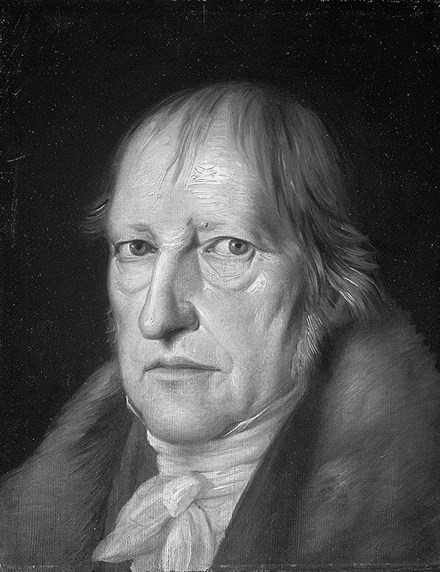

Is recognition a basis for social or political thought?
pp. 21-38
in: Nicholas Smith (ed), Recognition theory as social research, Berlin, Springer, 2012Abstract
Axel Honneth's recognition-based social and political theory has attracted much attention and for good reason. It offers a clear counterweight to the individualist theories so dominant at present, and it claims to carry forward the emancipatory project of the Frankfurt School by giving it new critical tools. Its key idea is that of mutuality (or reciprocity). Honneth wants to transform the central thesis of Hegel's Phenomenology — that self-consciousness achieves its satisfaction only in another self-consciousness — and put it to an empirical, post-Hegelian use in a theory of recognition whose conclusion is that each of "us' can successfully be "individuals' only if others are successful individuals. In that way he also hopes to show that the concerns of liberal, individualist thinkers, who have focused their critical attention on the fairness of the distribution of primary goods (such as, most obviously, Rawls), are expressing concerns that are themselves only intelligible (and in possible need of reform) in the larger social-psychological context of what is required for fully mutual recognition.



